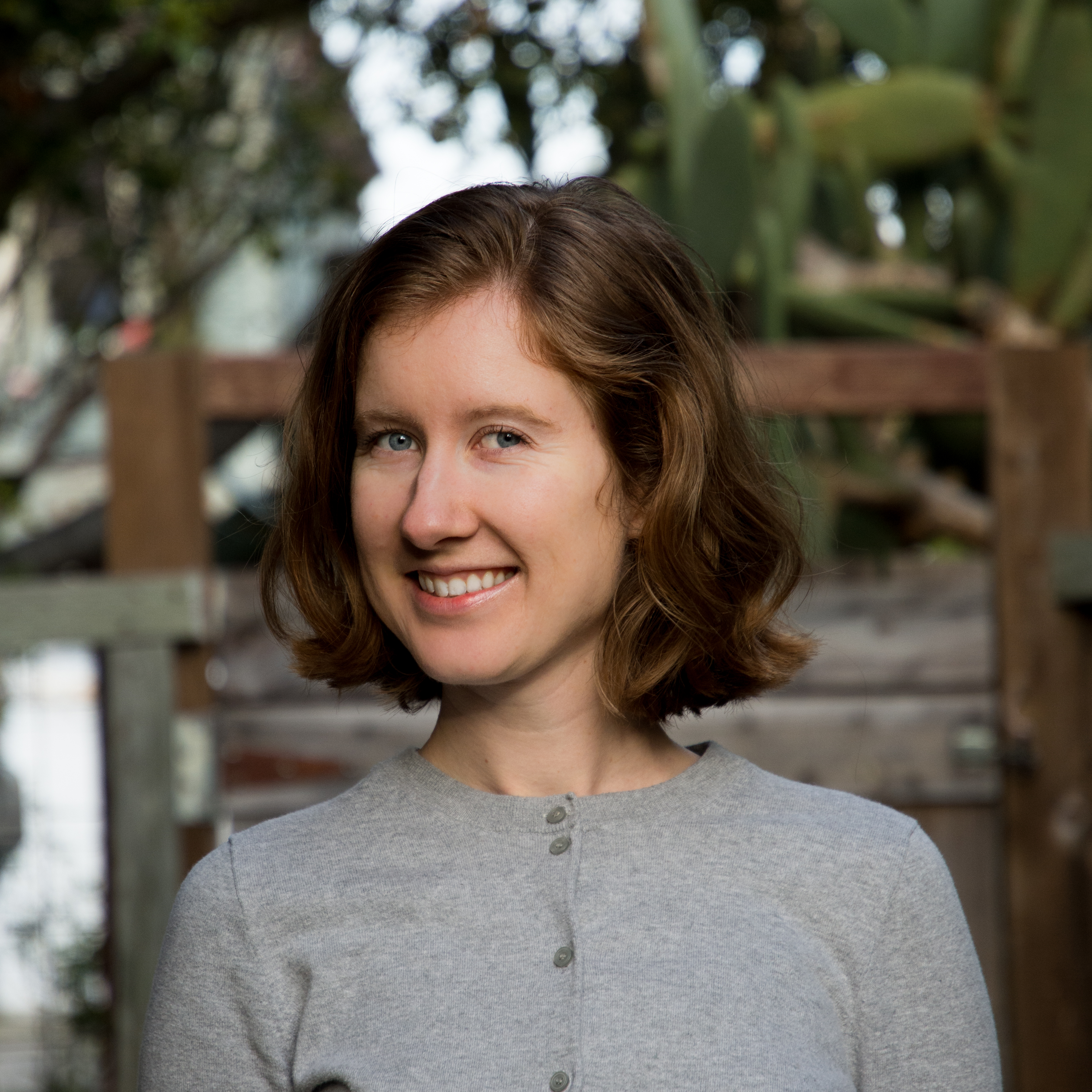TALK [MERL Seminar Series 2023] Dr. Kristina Monakhova presents talk titled Robust and Physics-informed machine learning for low light imaging
Date released: November 28, 2023
-
TALK [MERL Seminar Series 2023] Dr. Kristina Monakhova presents talk titled Robust and Physics-informed machine learning for low light imaging (Learn more about the MERL Seminar Series.)
Date & Time:
Tuesday, November 28, 2023; 12:00 PM
-
Abstract:
Imaging in low light settings is extremely challenging due to low photon counts, both in photography and in microscopy. In photography, imaging under low light, high gain settings often results in highly structured, non-Gaussian sensor noise that’s hard to characterize or denoise. In this talk, we address this by developing a GAN-tuned physics-based noise model to more accurately represent camera noise at the lowest light, and highest gain settings. Using this noise model, we train a video denoiser using synthetic data and demonstrate photorealistic videography at starlight (submillilux levels of illumination) for the first time.
For multiphoton microscopy, which is a form a scanning microscopy, there’s a trade-off between field of view, phototoxicity, acquisition time, and image quality, often resulting in noisy measurements. While deep learning-based methods have shown compelling denoising performance, can we trust these methods enough for critical scientific and medical applications? In the second part of this talk, I’ll introduce a learned, distribution-free uncertainty quantification technique that can both denoise and predict pixel-wise uncertainty to gauge how much we can trust our denoiser’s performance. Furthermore, we propose to leverage this learned, pixel-wise uncertainty to drive an adaptive acquisition technique that rescans only the most uncertain regions of a sample. With our sample and algorithm-informed adaptive acquisition, we demonstrate a 120X improvement in total scanning time and total light dose for multiphoton microscopy, while successfully recovering fine structures within the sample. -
Speaker:
Kristina Monakhova
MIT and Cornell Dr. Kristina Monakhova is an incoming Assistant Professor of Computer Science at Cornell University. Currently, Kristina is a postdoctoral fellow at MIT, supported by the MIT Postdoctoral Fellowship for Engineering Excellence. She received her Ph.D. from UC Berkeley in Electrical Engineering and Computer Sciences in 2022 with Prof. Laura Waller, where she was a recipient of the NSF GRFP fellowship. Her research lies at the intersection of signal processing, machine learning, computer vision, and optics.
Dr. Kristina Monakhova is an incoming Assistant Professor of Computer Science at Cornell University. Currently, Kristina is a postdoctoral fellow at MIT, supported by the MIT Postdoctoral Fellowship for Engineering Excellence. She received her Ph.D. from UC Berkeley in Electrical Engineering and Computer Sciences in 2022 with Prof. Laura Waller, where she was a recipient of the NSF GRFP fellowship. Her research lies at the intersection of signal processing, machine learning, computer vision, and optics. -
MERL Host:
-
Research Areas:
Computational Sensing, Computer Vision, Machine Learning, Signal Processing